Your Eyes, Your Style.
Contact Lenses
Contact lenses are thin lenses placed directly on the surface of the eyes to correct vision or for cosmetic purposes. They can be used to correct various vision problems such as myopia (nearsightedness), hyperopia (farsightedness), astigmatism, and presbyopia.

Contact Lenses
Crystal Clear Confidence.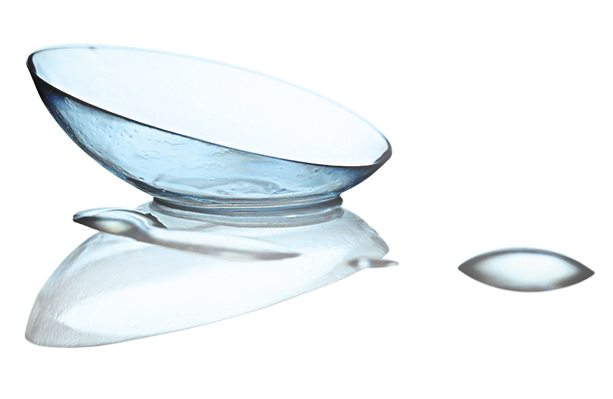
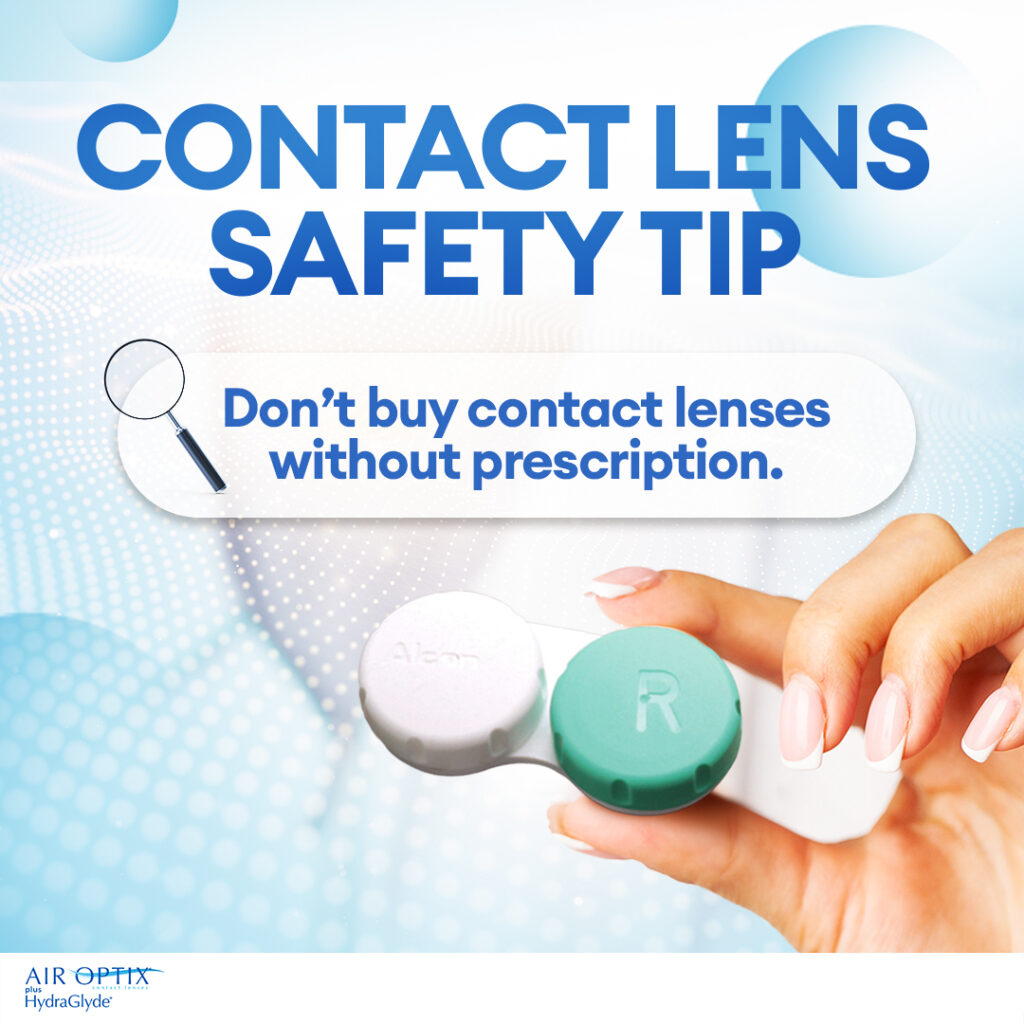
Types of Contact Lenses
Contact lenses come in various types, each designed to meet specific vision correction needs and lifestyle preferences. Here are the main types of contact lenses:
1. Soft Contact Lenses
Soft contact lenses are made of flexible, water-absorbing materials called hydrogels, making them comfortable to wear.
- Daily Wear: Worn during the day and removed before sleep.
- Disposable: These are discarded after a single day of use, weekly, bi-weekly, or monthly, reducing the need for cleaning and disinfection.
- Colored/Cosmetic: Available in various colors to change or enhance the natural eye color. Can be prescription or non-prescription.
2. Rigid Gas Permeable (RGP) Lenses
RGP lenses are made of durable plastic that allows oxygen to pass through to the eyes, which can provide clearer vision for some conditions.
- Standard RGP: These lenses are typically worn daily and removed at night.
- Orthokeratology (Ortho-K): Specially designed RGP lenses worn overnight to temporarily reshape the cornea and correct vision during the day without the need for glasses or lenses.
3. Toric Lenses
Toric lenses are specifically designed to correct astigmatism. They are available in both soft and RGP materials and have different powers in different meridians of the lens.
4. Multifocal/Bifocal Lenses
These lenses are designed for people with presbyopia and have multiple zones for distance, intermediate, and near vision.
- Multifocal/Bifocal: Blended zones for various distances.
5. Scleral Lenses
Larger lenses that cover the white part of the eye (sclera) and rest on the less sensitive scleral tissue. They are often used for irregular corneas, severe dry eye conditions, or after corneal transplants.
6. Bandage Lenses
These are therapeutic lenses used to protect the cornea in cases of injury, surgery, or certain diseases. They help in healing and provide pain relief.
7. Custom Lenses
Tailor-made lenses designed to fit the unique shape of a person’s eye, often used when standard lenses do not provide a good fit or adequate vision correction.
Special Considerations:
- UV-Blocking Lenses: Some lenses come with UV protection, which helps shield the eyes from harmful ultraviolet rays.
- Silicone Hydrogel Lenses: A type of soft lens that allows more oxygen to reach the cornea, enhancing comfort for longer wear times.
Consulting an eye care professional is essential to determine the best type of contact lenses based on individual vision needs, lifestyle, and eye health.
Care and Maintenance:
Proper hygiene and care are crucial for contact lens wearers to prevent eye infections and complications. This includes:
- Washing hands before handling lenses.
- Cleaning and disinfecting lenses as per the prescribed schedule.
- Replacing lenses and storage cases as recommended.
Consultation with an Eye Care Professional: It’s essential to get a proper fitting and prescription from an optometrist or ophthalmologist, as poorly fitted lenses can cause discomfort and damage to the eyes. Regular check-ups are also important to ensure the health of your eyes and the effectiveness of the lenses.
Here are some important dos and don’ts for contact lens wearers:
Dos
Wash Hands: Always wash and dry your hands thoroughly before handling your contact lenses to avoid introducing dirt and bacteria to your eyes.
Follow Prescribed Schedule: Wear and replace your contact lenses according to the schedule prescribed by your eye care professional.
Clean and Disinfect: Use the recommended solution to clean and disinfect your lenses. Follow the instructions for cleaning, rinsing, and storing.
Use Fresh Solution: Always use fresh cleaning solution in your lens case. Discard old solution and never top off the solution in the case.
Regular Eye Exams: Schedule regular eye exams to ensure your lenses fit properly and your eyes remain healthy.
Replace Lens Case: Replace your lens case every three months to reduce the risk of contamination.
Rest Your Eyes: Give your eyes a break by wearing glasses for a few hours each day, especially if you wear contacts for long periods.
Wear as Directed: Only wear your contact lenses for the recommended duration (daily, extended, or overnight wear).
Follow Professional Advice: Always follow the care and wearing instructions provided by your eye care professional.
Don’ts
Don’t Sleep in Lenses: Unless you have lenses specifically designed for overnight wear, never sleep in your contact lenses as it increases the risk of infection.
Avoid Water: Do not expose your contact lenses to water, including tap water, swimming pools, hot tubs, and showers. Water can introduce harmful microorganisms to your eyes.
Don’t Use Saliva: Never use saliva to moisten your contact lenses. Saliva contains bacteria that can lead to infections.
Avoid Using Old Solution: Don’t use expired or old contact lens solution. Always use fresh, unexpired solution for cleaning and storing your lenses.
Don’t Overwear Lenses: Avoid wearing your lenses longer than recommended. Overwearing can lead to discomfort and increase the risk of eye problems.
Avoid Non-Prescribed Lenses: Don’t wear decorative or colored contact lenses unless they are prescribed by an eye care professional. Non-prescribed lenses can cause serious eye damage.
Don’t Ignore Symptoms: If you experience redness, discomfort, blurry vision, or any other unusual symptoms, remove your lenses and consult your eye care professional immediately.
Avoid Sharing: Never share your contact lenses with others, as this can spread bacteria and lead to infections.
Don’t Use Improper Solutions: Avoid using homemade or non-recommended solutions to clean your lenses. Always use the products recommended by your eye care professional.
Avoid Rubbing Eyes: Don’t rub your eyes while wearing contact lenses, as this can cause irritation or dislodge the lens.
Following these dos and don’ts can help maintain your eye health and ensure a comfortable and safe experience with contact lenses.
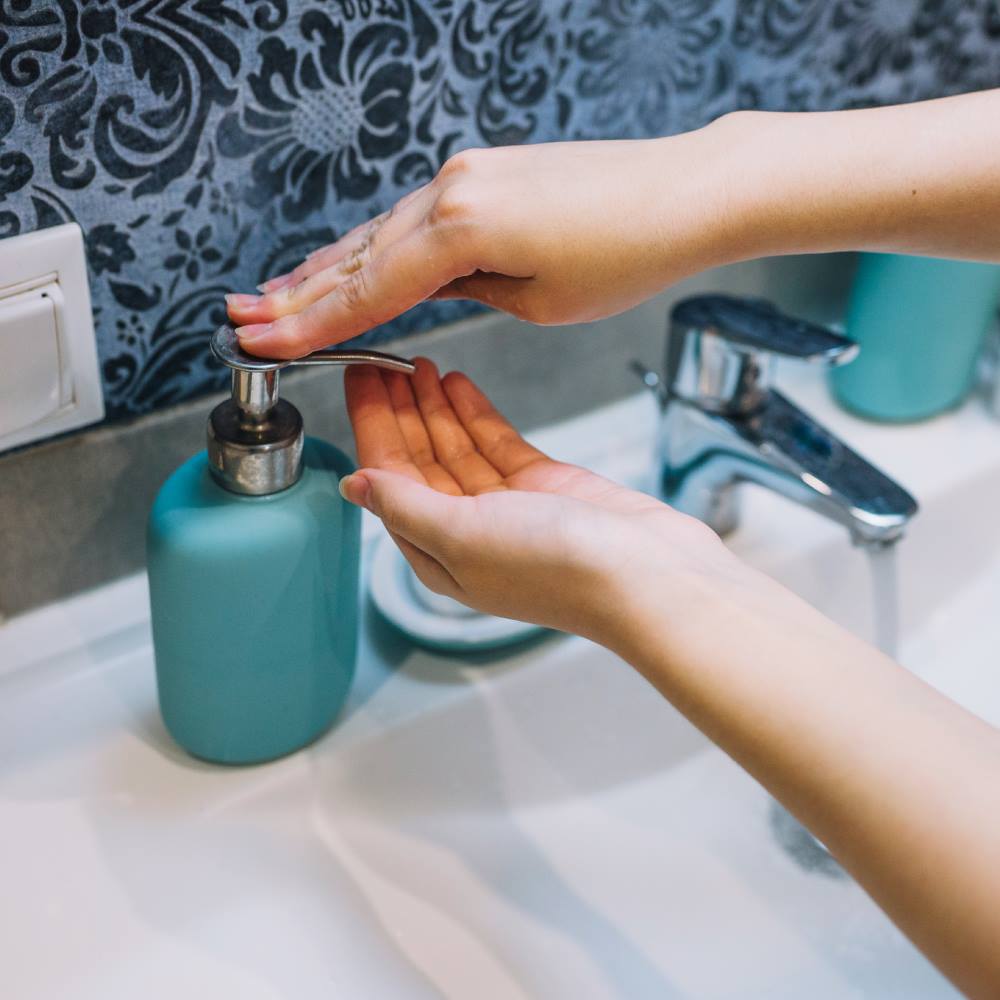
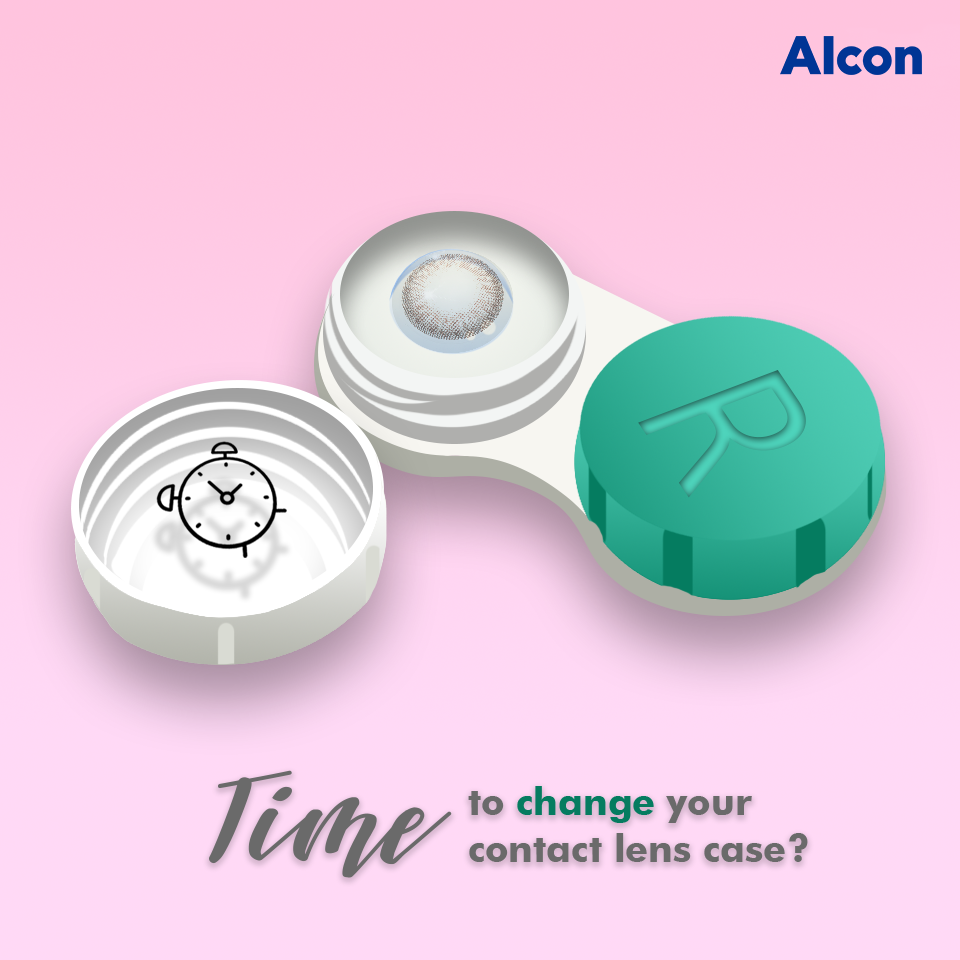
Enhance Your Vision with Our Comprehensive Contact Lens Service
At Agarwal Eye Hospital, we are dedicated to providing you with the highest quality eye care and the latest in vision correction technology. Our Contact Lens as a Service (CLaaS) program is designed to offer you unparalleled convenience, personalized care, and superior eye health management.
Why Choose Our Contact Lens Service?
1. Personalized Care for Optimal Vision
- Expert Fitting: Our experienced optometrists provide precise contact lens fittings to ensure maximum comfort and clarity.
- Comprehensive Eye Exams: Regular eye exams included in the service to monitor your eye health and update your prescription as needed.
2. Convenient Subscription Plans
- Flexible Options: Choose from monthly, quarterly, or annual subscription plans to suit your lifestyle.
- Automatic Deliveries: Never run out of contact lenses with our timely and reliable delivery service. Order online at www.eyelensworld.com
3. Premium Quality Lenses
- Wide Selection: Access to a variety of lenses, including daily disposables, extended wear, toric lenses for astigmatism, and multifocal lenses.
- Top Brands: We offer lenses from leading brands, ensuring high quality and comfort.
4. Cost Savings and Benefits
- Discounts: Enjoy cost savings with our subscription plans and bundled services.
5. Continuous Support
- Customer Service: Our dedicated support team is available around the clock to assist with any questions or concerns.
- Telehealth Consultations: Convenient virtual consultations with our eye care professionals for ongoing support and advice.
6. Health and Safety Prioritized
- Regular Monitoring: Regular check-ups and personalized care plans help maintain your eye health.
- Educational Resources: Receive guidance on proper lens care and usage to prevent infections and ensure safe wear.
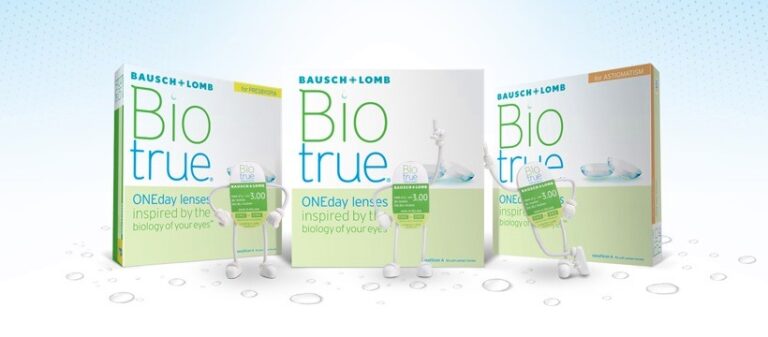
Usefull Links
Information
Monday to Saturday
Morning: 11:00 am to 2:00 pm
Evening 7:00 pm- 9:00 pm
Sunday Closed

